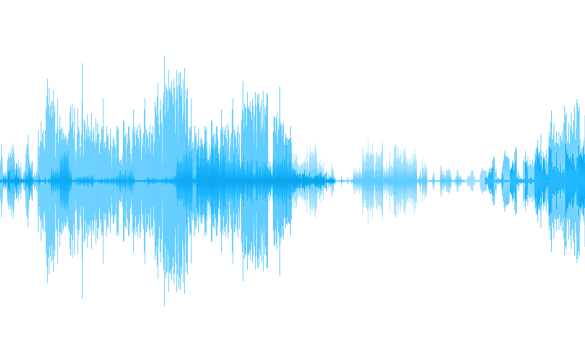
PHILADELPHIA, PA, March 8, 2016 – Caffeine is the most available and widely used psychoactive substance in the world and is the only drug legally accessible and socially acceptable for consumption by children and adolescents. Some studies have shown that adolescents are the fastest-growing population of caffeine users, with 83.2% consuming caffeinated beverages regularly and at least 96% consuming them occasionally. With this in mind, researchers from Brescia University College developed a study to determine attitudes and beliefs as well as factors influencing caffeinated beverage consumption among adolescents.
In a study of 166 youth (42% male and 72% in grades 9 and 10), researchers found that nearly half (44.6%) of the respondents drank caffeinated beverages one to six times per week. Only 4.8% of those surveyed never consumed drinks containing caffeine, but 11.4% had a caffeinated beverage daily. One of the most commonly cited reasons for choosing a caffeinated drink was the perceived alertness the drink would offer, which students believed would help them study. The number of adolescents aware of the negative health effects of consumption was generally high, which led researchers to conclude that further education could lead to better decision-making regarding caffeine intake.
"By developing more comprehensive educational strategies and enhancing policies, it may be possible to decrease caffeine use in adolescents and mitigate the potential health risks," senior author Danielle S. Battram, PhD, RD, said.
These findings were developed from responses from 20 focus groups utilizing short, unambiguous, open-ended questions, as well as a questionnaire. In their responses, adolescents also indicated they perceived drinking caffeinated beverages as a sign of being grown up, and the lack of barriers and easy access to those beverages also influenced how often they would drink those beverages. Parental role modeling, media and advertising, and social norms were also noted as factors contributing to intake among adolescents.
"Caffeine overconsumption and caffeine intoxication have serious health effects, even in moderate doses. With that in mind, we need to correct the misconceptions adolescents have regarding certain aspects of caffeine," Battram added.
Creating specific education strategies to curb caffeine intake was identified as an important next step. Moving forward, the authors suggested finding relatable and understandable ways to make the recommended daily intake amounts memorable and offering alternatives to caffeine to increase energy, including eating a healthy diet and getting adequate sleep.
###
Media Contact
Eileen Leahy
[email protected]
732-238-3628
@elseviernews
http://www.elsevierhealth.com




